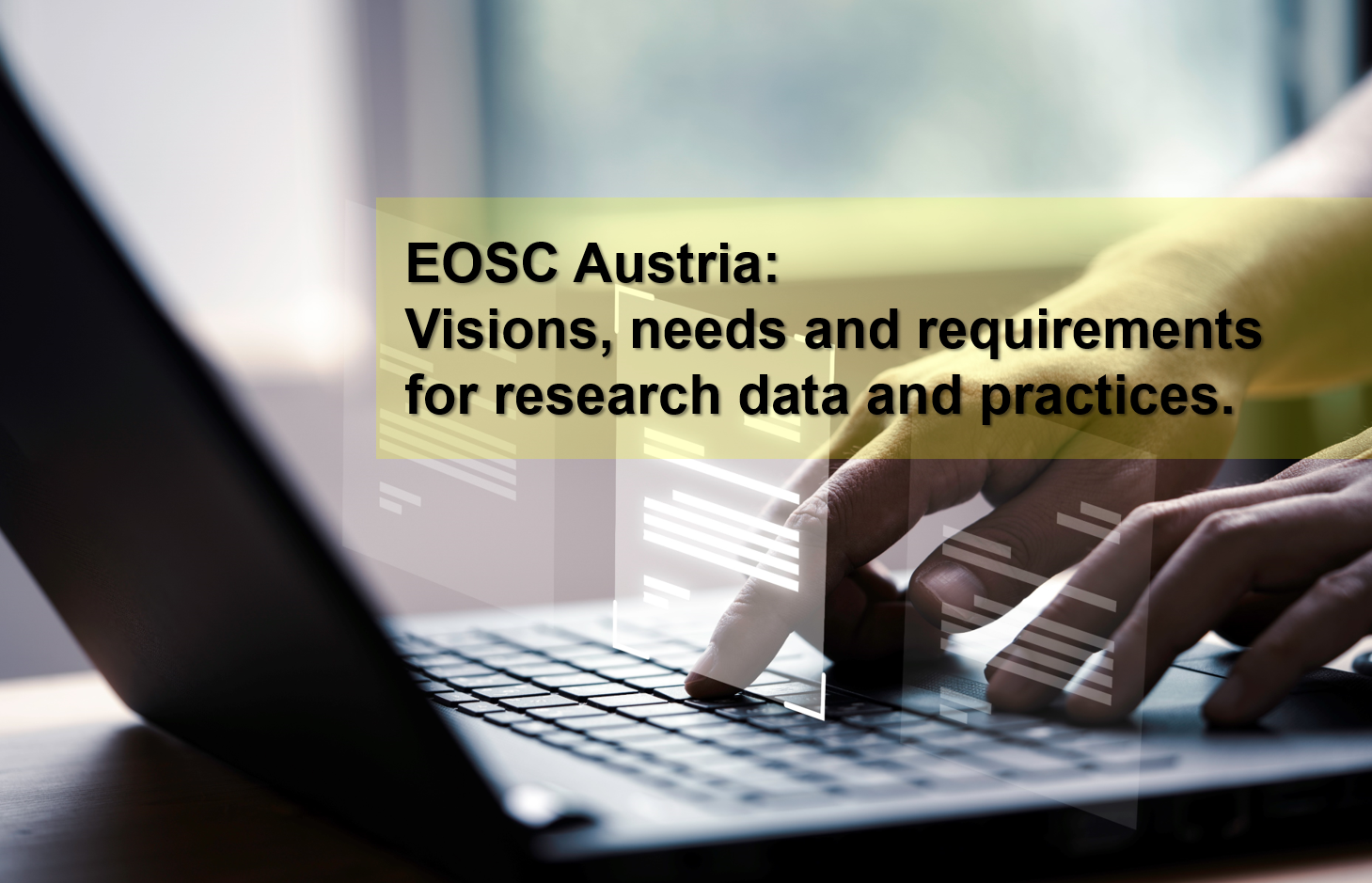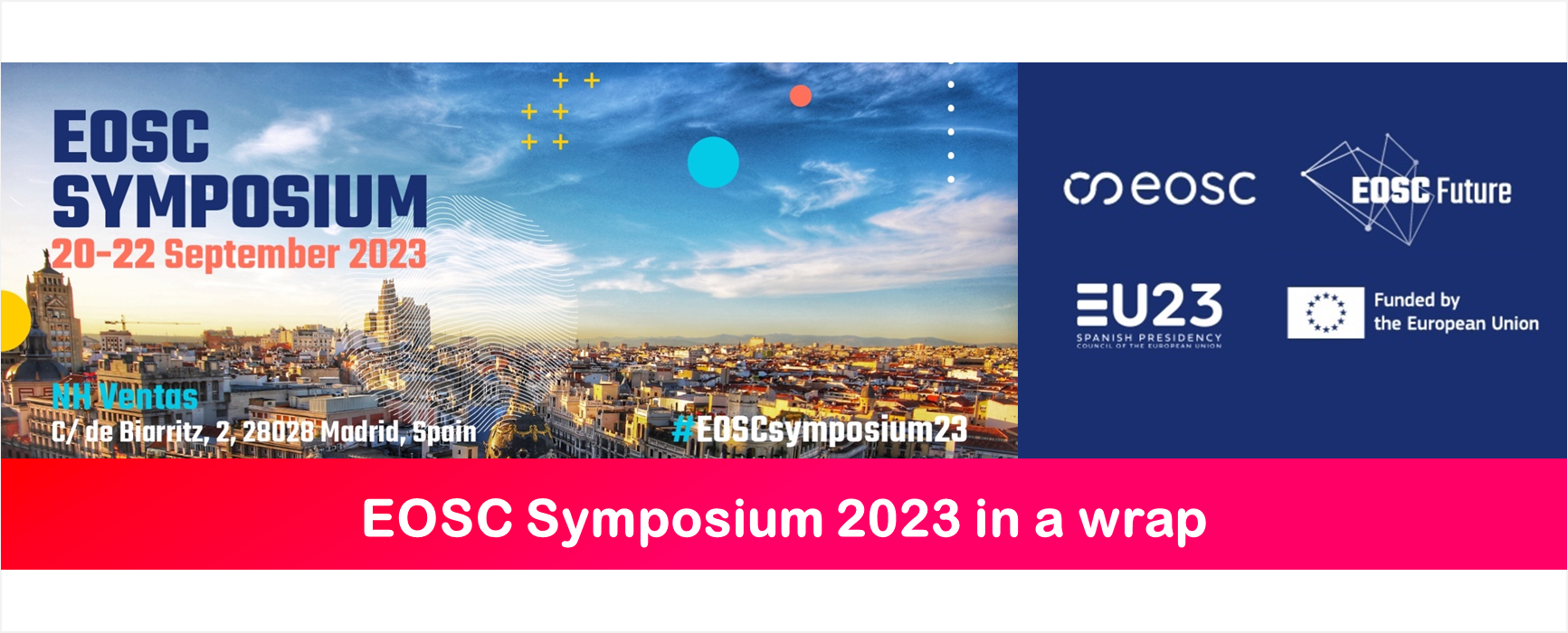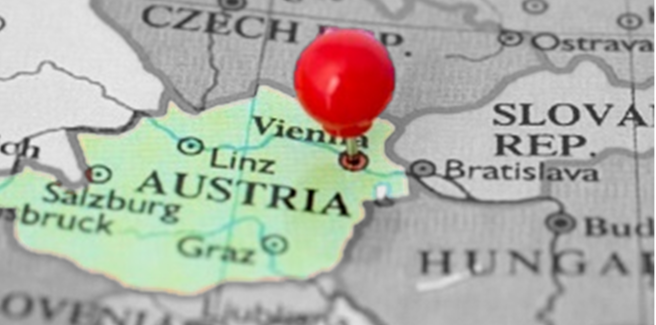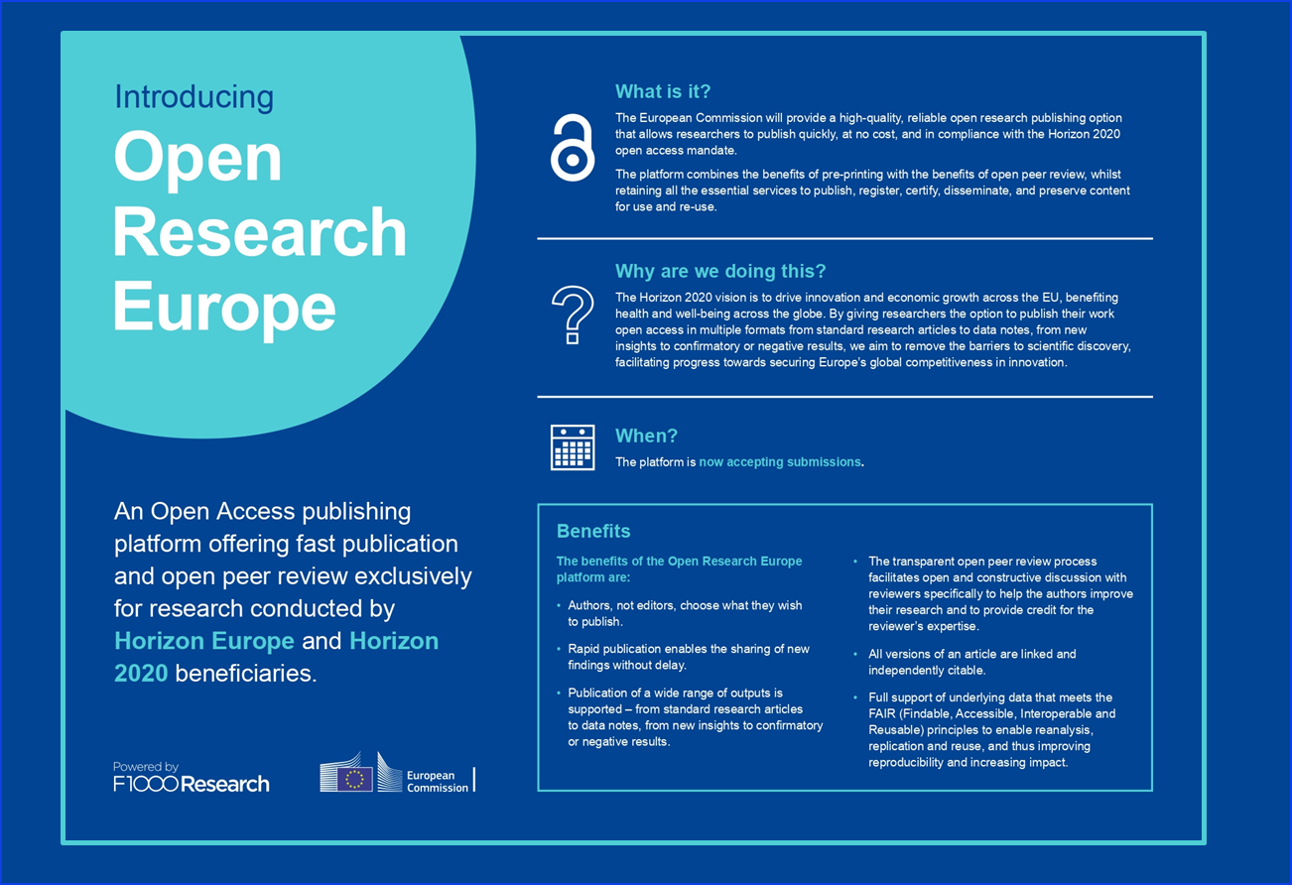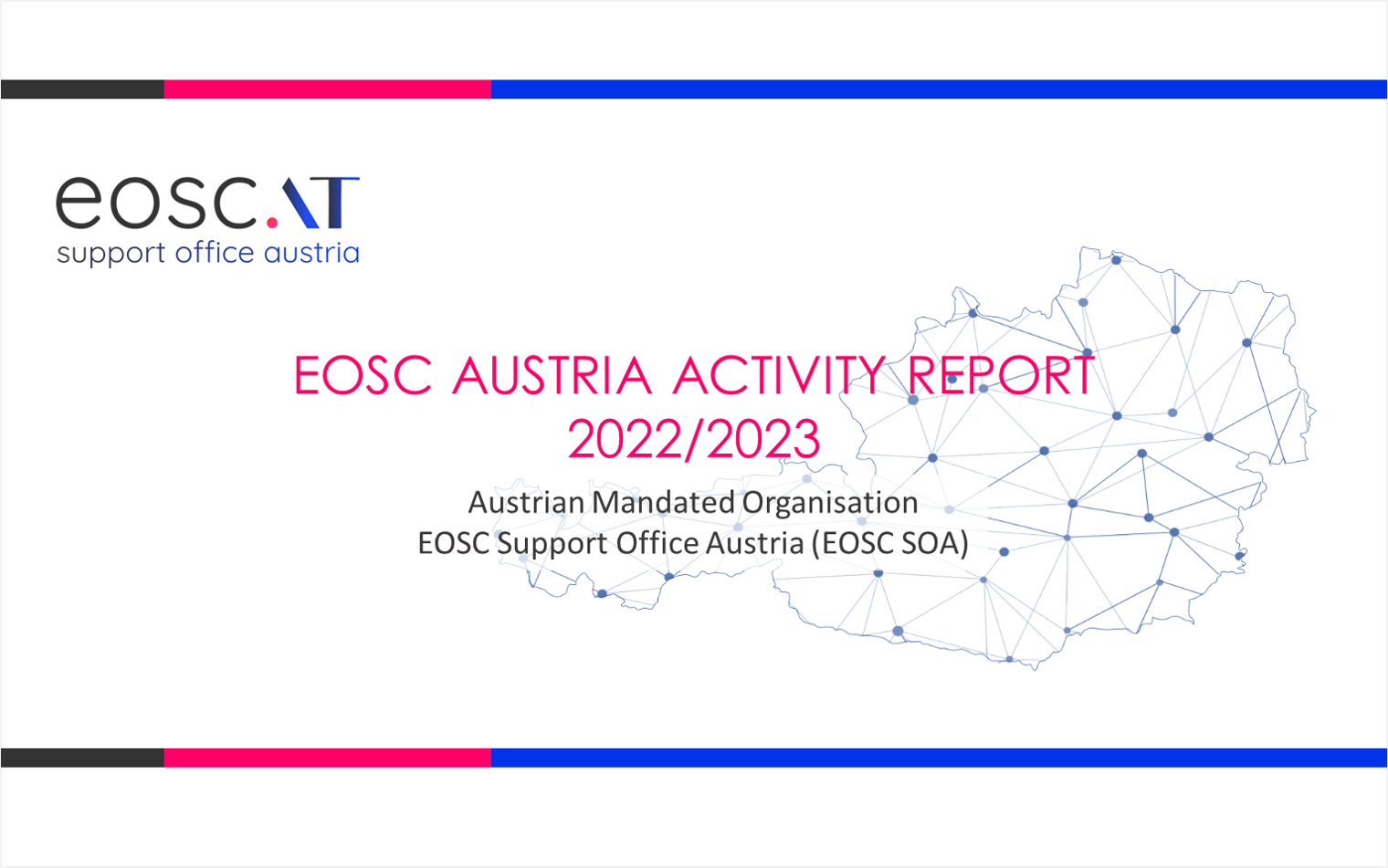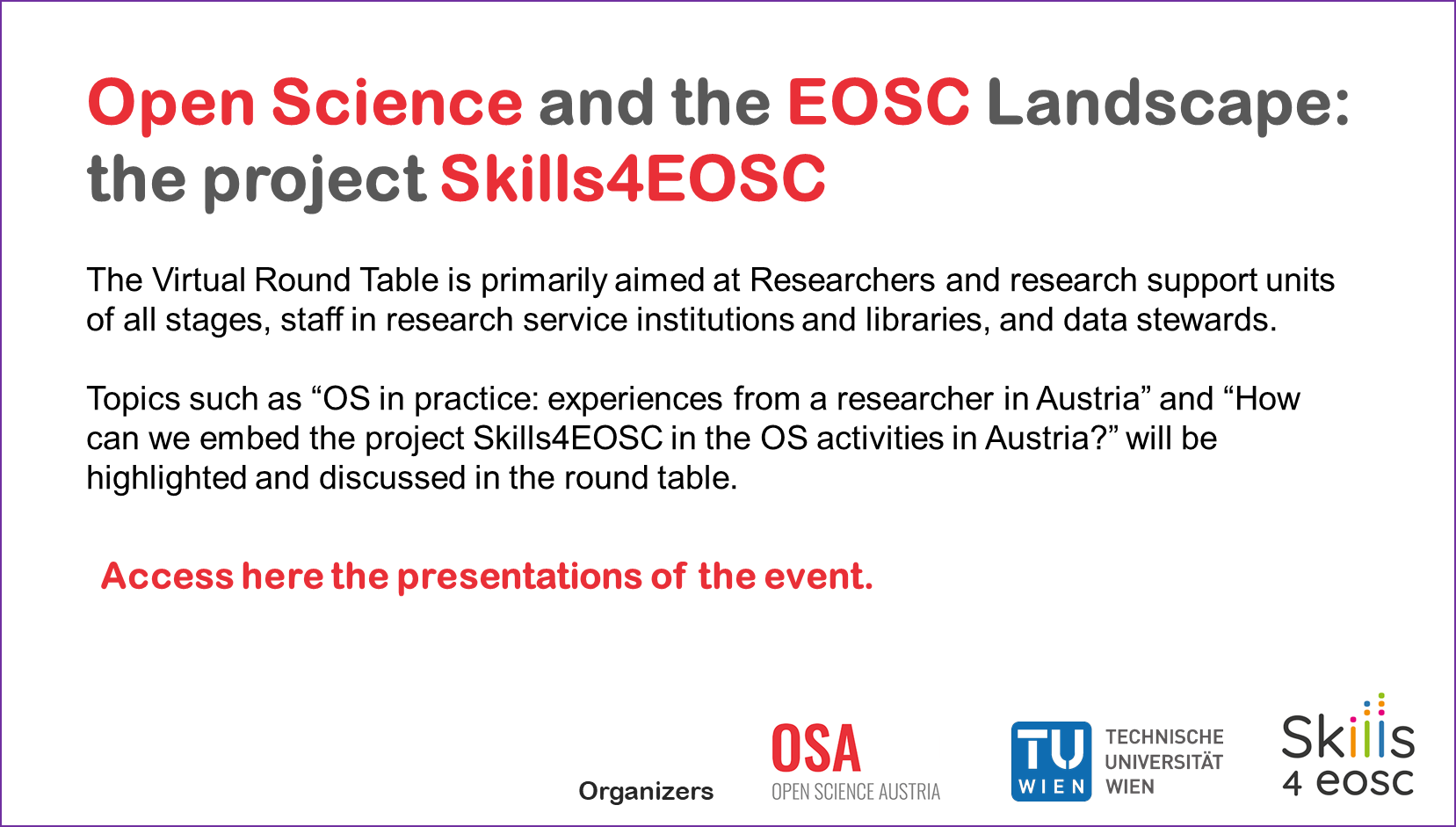EOSC Austria: Visions, needs and requirements for research data and practices #8
The Working Group Researcher Engagement in Austria – have just published our 8th interview. Josef Küng, a computer scientist, talks about the need for large data sets and challenges regarding the access to such data sets. He also touches the topic of quality checks, reference systems and descriptions to increase trust in data quality.

